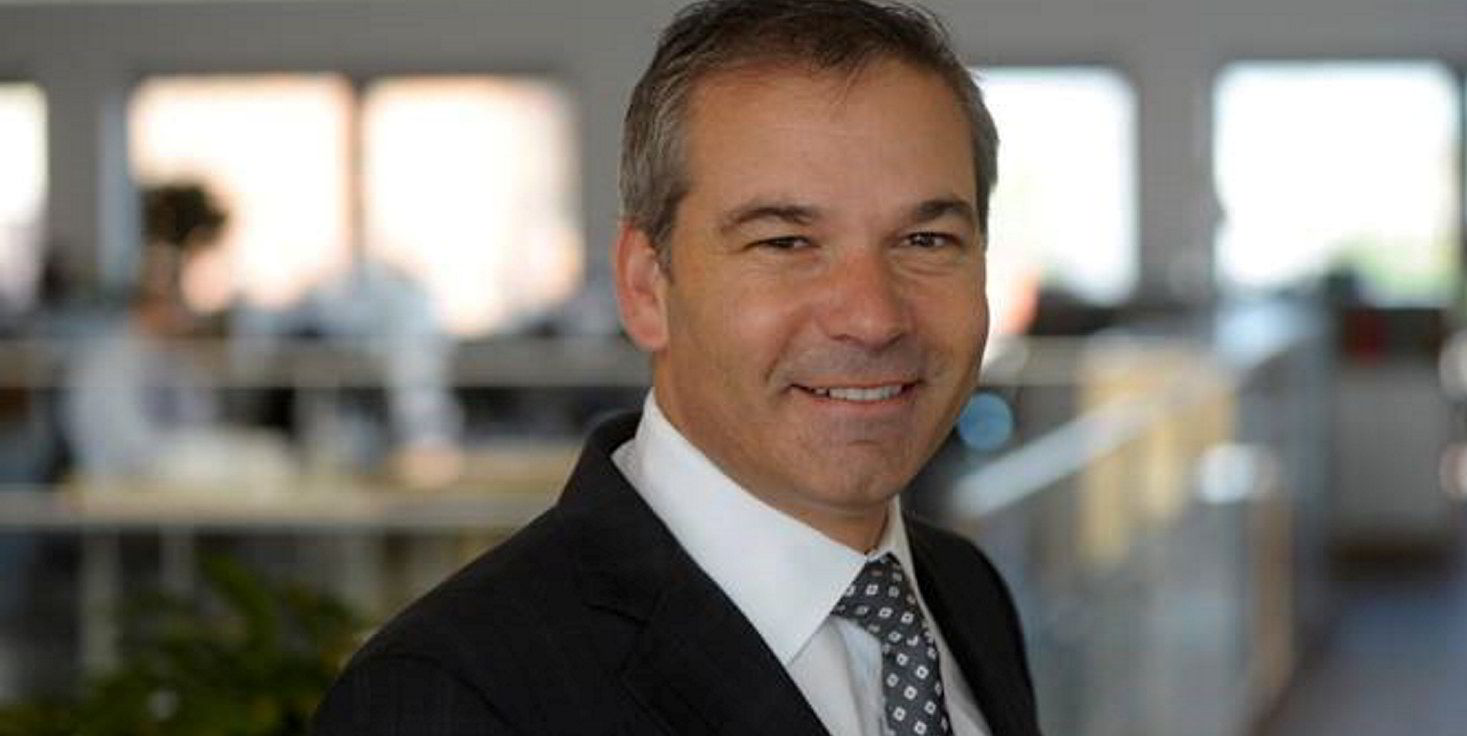Gary Vogel could not have known what was to come when he agreed to become the next chief executive of Eagle Bulk Shipping in the spring of 2015.
The bottom was about to drop out of the dry bulk market, which skidded to a 25-year low by February 2016.
By the time Vogel, 55, settled into the chief executive’s chair in the September, his plans to convert the Nasdaq-listed outfit to an “active owner-operator” model took a back seat to a different priority: survival.
After missing a loan amortisation payment in January 2016, Eagle Bulk entered negotiations with lenders and steadied the ship with a $105m recapitalisation in March of that year.
“That was the most urgent thing, and really not what I expected when I originally agreed to come to Eagle, but it was first and foremost,” Vogel told TradeWinds in a recent interview at the company’s office in Connecticut.
Fast-forward nearly six years and everything is different.
Eagle Bulk has acquired nine ships in the past six months, dry bulk rates are hitting decade-long highs and Vogel needs to negotiate questions about how he will allocate all the cash piling up on his balance sheet.
It is small wonder that employees call the company “the new Eagle” in conversations at the Stamford headquarters, where most employees returned to their desks on 3 May after a long Covid-19 exile.
The 2016 financial reorganisation may have been the turning point, but it is not as though everything then went to plan.
Each time it seemed the dry bulk market was about to gain traction, there was a calamity — what Vogel likes to call Black Swan-like events — Brazil's Vale dam collapse, China's swine flu outbreak, a trade war targeting US soybeans and finally the global Covid-19 pandemic.
Return to work

Through it all Vogel, an avid sailor, kept a steady hand on the tiller and skippered Eagle Bulk to its current perch.
It boasts a revamped fleet, a stronger balance sheet and a top rating for corporate governance at a time when environmental, social and governance issues are critical.
Like many of its peers, Eagle Bulk appears well positioned to now take advantage of a dry market that could have a way to run, given revived global economic demand and the lowest newbuilding orderbook on record.
“It is a much different company,” Vogel said. “One of these days we’re going to have to drop the moniker ‘the new Eagle’, as we call it internally. But it definitely feels very different and, given current market dynamics, we’re in a very different position.
“You’ve heard me talk about all the Black Swan-like events that dry bulk has endured over the last few years, but I also felt during that time that the supply picture was getting better. As we sit here today against a robust demand landscape, supply really has never looked better in my 33-year career in dry bulk.”
Vogel has reshaped Eagle Bulk from an owner that largely chartered out its vessels to an “active operating” model that he brought with him after nearly 16 years with the privately held Clipper Group.
More than 80% of Eagle Bulk's roughly 90 shore-based employees have joined since Vogel started, including chief commercial officer Bo Westergaard, his long-time Clipper colleague.
After a year of trailing the Baltic Supramax Index as the transition unfolded, Eagle Bulk has now outperformed it in 15 of the past 17 quarters.
Private placements
On Vogel’s arrival, the company had not acquired a ship since 2008 and had all supramaxes. Vogel prioritised the larger ultramax sector and has acquired 26 of them among 29 told additions in the last five years, all on the secondhand market.
On the financial side, Eagle Bulk raised $190m in private placements in the months after its reorganisation, and has since won funds for acquisitions through a Norwegian bond deal, convertible notes and an overnight equity raise backed by Golden Tree Asset Management, its second-largest holder.
More recently, in January and February it was able to use its own shares as currency for the first time in acquiring vessels from Scorpio Bulkers and Alterna Capital. The stock is up more than 200% on the year as it topped the $50 mark for the first time on 11 June.
The revamped fleet averages about nine years in age — roughly the same as when Vogel arrived.
“Unfortunately, I can’t say the same for myself,” Vogel said.







